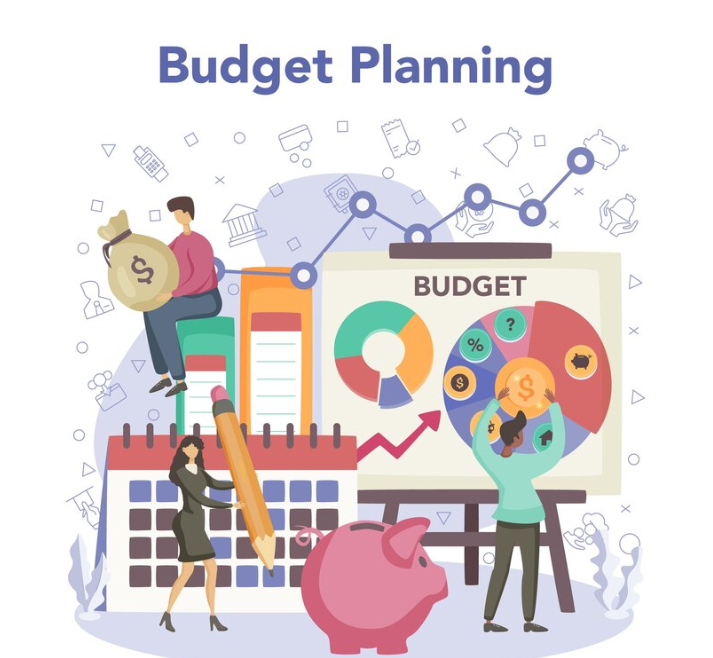Effective Strategies for Paying Off Student Loans Quickly and Managing Education-Related Expenses Wisely
Student loans are a significant financial burden for many, but with effective strategies, you can manage and pay them off more quickly. Alongside managing loans, handling education-related expenses wisely can alleviate some financial strain. Here are practical steps to help you navigate this challenge.
1. Create a Comprehensive Budget
The first step in managing student loan payments and education-related expenses is to develop a detailed budget. Track all your income sources and categorize your expenses into essentials (rent, utilities, groceries) and discretionary spending (entertainment, dining out). This will help you identify areas where you can cut back and allocate more funds toward paying off your student loans.
2. Prioritize High-Interest Loans
Not all student loans are created equal. If you have multiple loans, focus on paying off those with the highest interest rates first. This approach, known as the avalanche method, minimizes the total interest paid over time. Make extra payments toward these loans while maintaining minimum payments on others to accelerate debt reduction.
3. Make Extra Payments When Possible
Any additional payments you can make toward your loans will reduce the principal balance and, consequently, the total interest paid. Allocate any extra income, such as tax refunds, bonuses, or gifts, toward your student loans. Even small extra payments can significantly shorten your loan term and reduce the interest burden.
4. Explore Refinancing Options
Refinancing involves taking out a new loan to pay off existing student loans, ideally at a lower interest rate. This can reduce your monthly payments and the total interest paid over the life of the loan. However, be cautious as refinancing federal student loans into private loans means losing federal protections and benefits. Compare rates and terms from various lenders to ensure refinancing is beneficial for your situation.
5. Consider Loan Forgiveness Programs
Depending on your career path, you might be eligible for loan forgiveness programs. For instance, Public Service Loan Forgiveness (PSLF) offers forgiveness for federal student loans after 120 qualifying payments under a qualifying repayment plan while working full-time for a qualifying employer. Research available programs and ensure you meet the requirements to take advantage of these opportunities.
6. Build an Emergency Fund
An emergency fund provides a financial cushion for unexpected expenses, reducing the need to rely on credit cards or loans. Aim to save at least three to six months’ worth of living expenses. This fund can prevent financial setbacks from derailing your student loan repayment plan.
7. Adopt a Frugal Lifestyle
Living frugally can free up more funds for debt repayment. Reduce non-essential spending by cooking at home, using public transportation, and finding affordable entertainment options. Adopt a minimalist approach to purchases and focus on needs versus wants.
8. Seek Financial Counseling
If you’re struggling to manage your student loans and education expenses, consider seeking help from a financial advisor or credit counselor. These professionals can provide personalized advice and strategies tailored to your financial situation. They can also assist with negotiating loan terms or creating a more effective budget.
9. Utilize Student Discounts and Benefits
Many businesses offer discounts and benefits for students. Take advantage of these to save on everyday expenses. Look for student discounts on software, transportation, and retail purchases to stretch your budget further.
10. Monitor and Adjust Your Plan Regularly
Finally, regularly review your budget and loan repayment plan. Adjustments may be necessary as your financial situation changes. Stay informed about any changes in loan terms or repayment options that might impact your strategy.
By implementing these strategies, you can manage student loan debt more effectively and handle education-related expenses wisely. With a proactive approach and disciplined financial habits, you can achieve financial stability and reduce the stress associated with student loans.


